FORBIDDEN FILMS
A FILM BY FELIX MOELLERDE 2014, 94 MIN
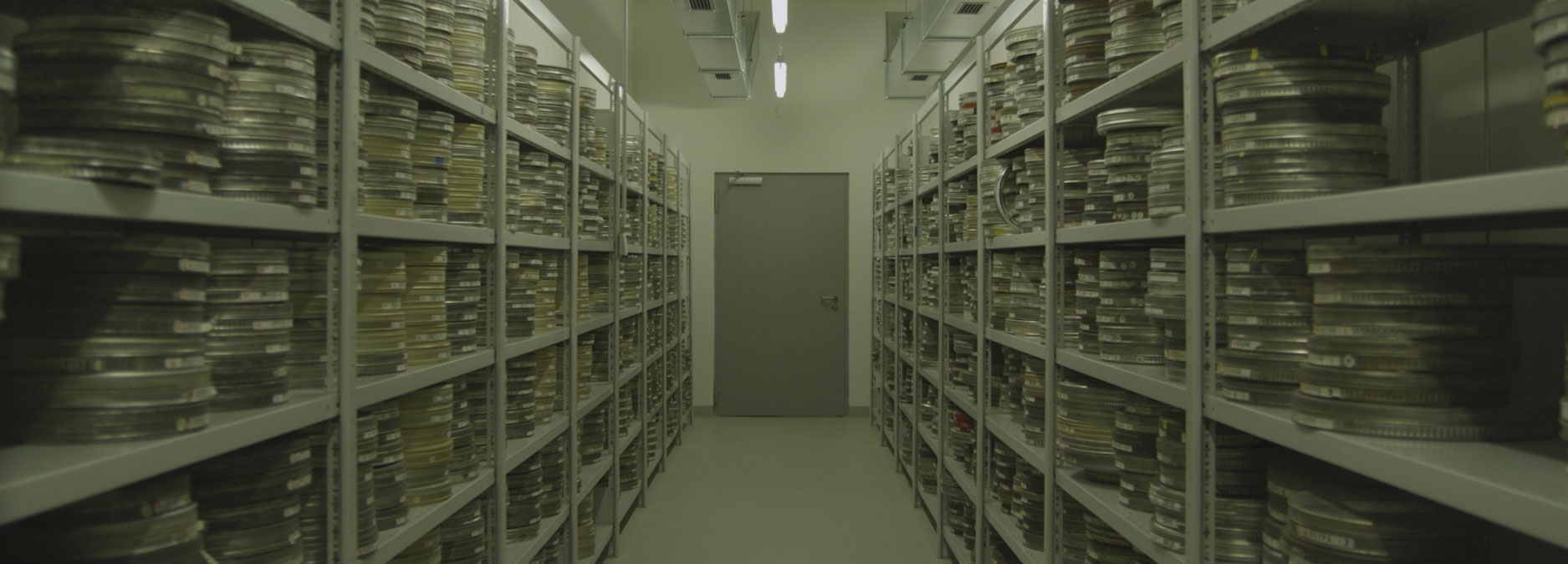 FORBIDDEN FILMS
FORBIDDEN FILMS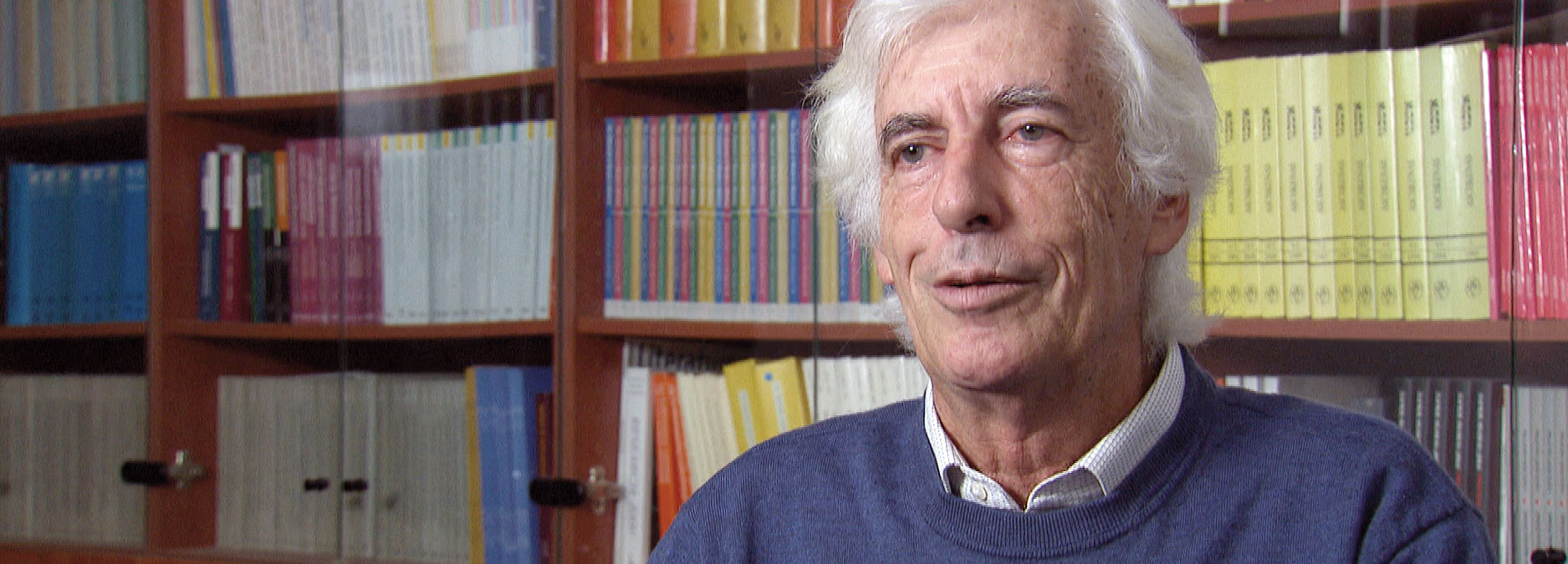 Moshe Zimmermann
Moshe Zimmermann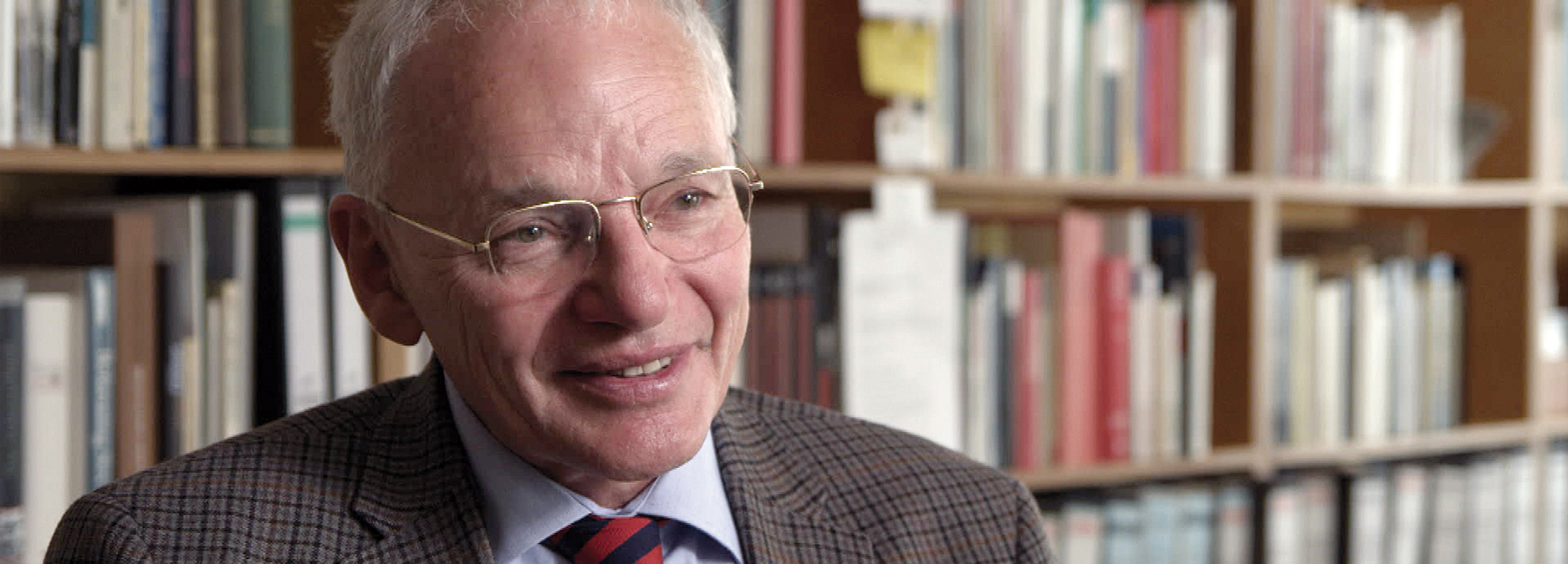 Götz Aly
Götz Aly STUKAS
STUKAS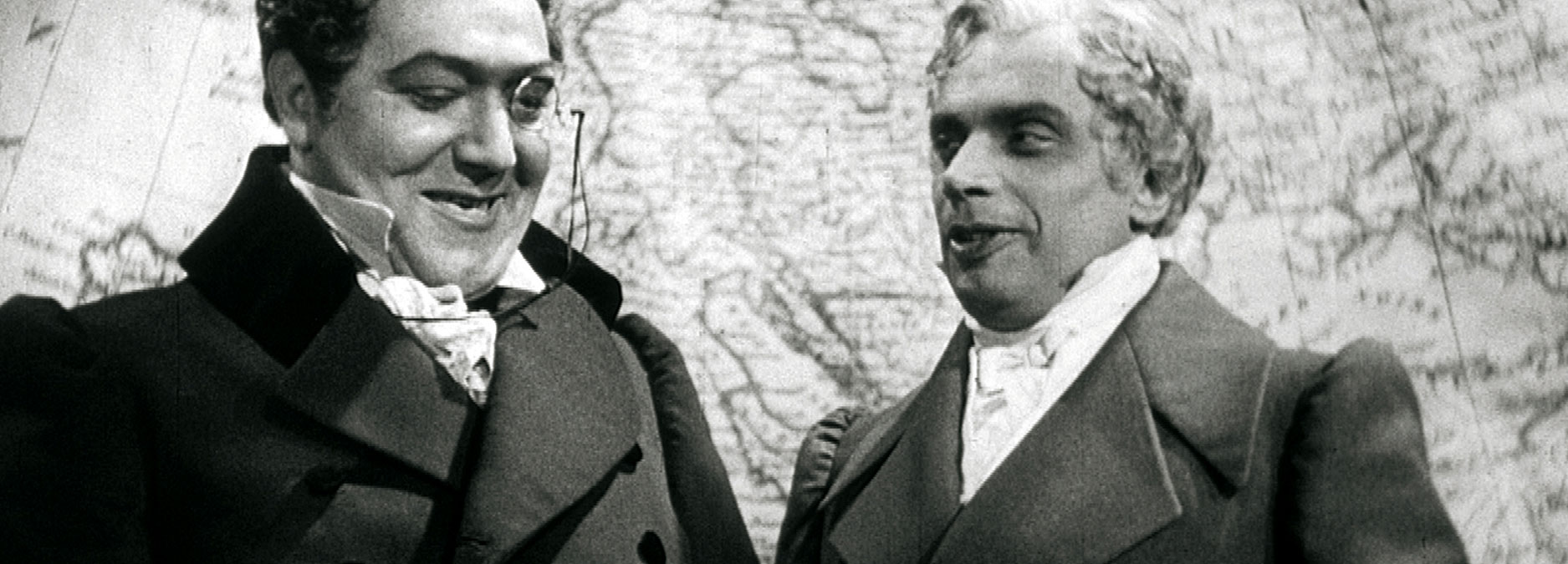 THE ROTHSCHILDS
THE ROTHSCHILDS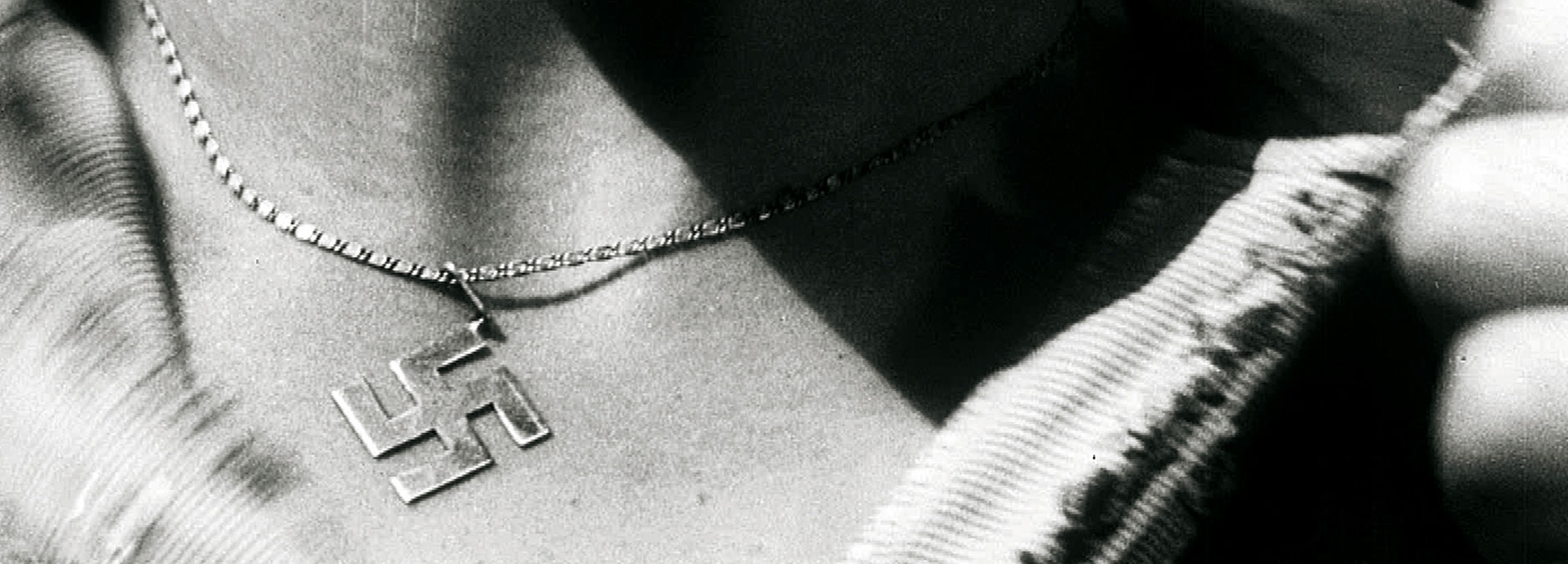 HEIMKEHR (HOME-COMING)
HEIMKEHR (HOME-COMING)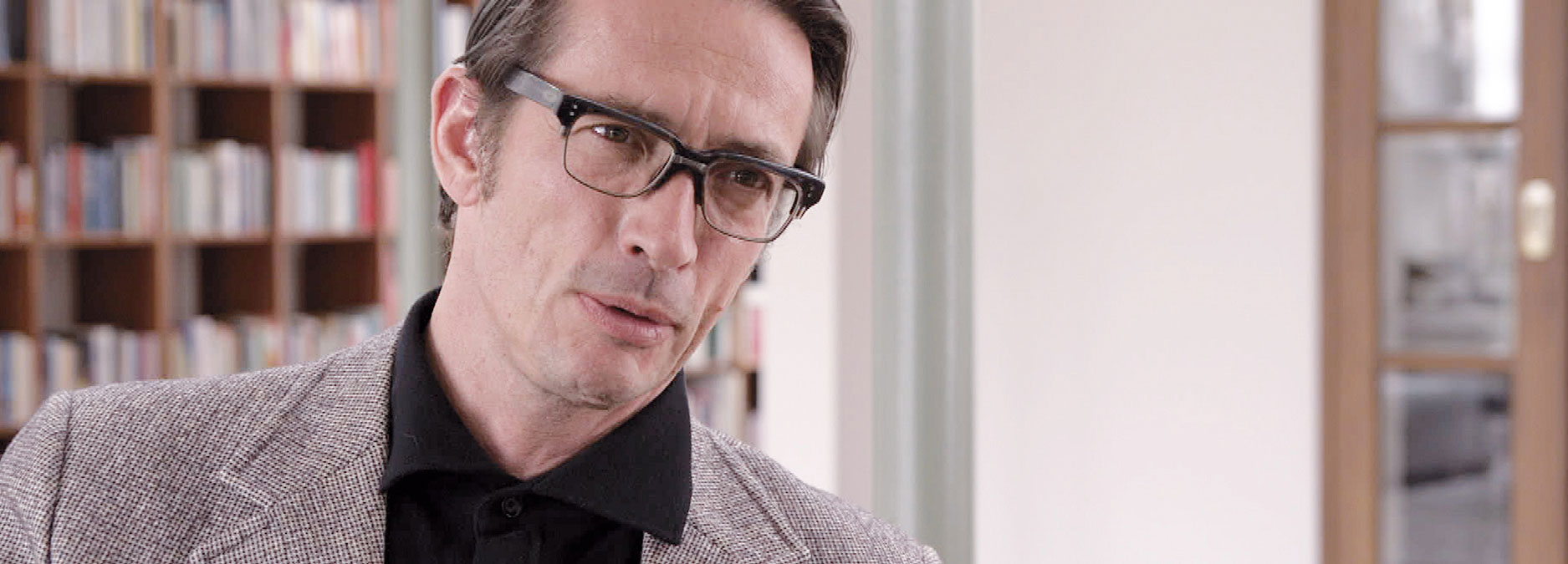 Oskar Roehler
Oskar Roehler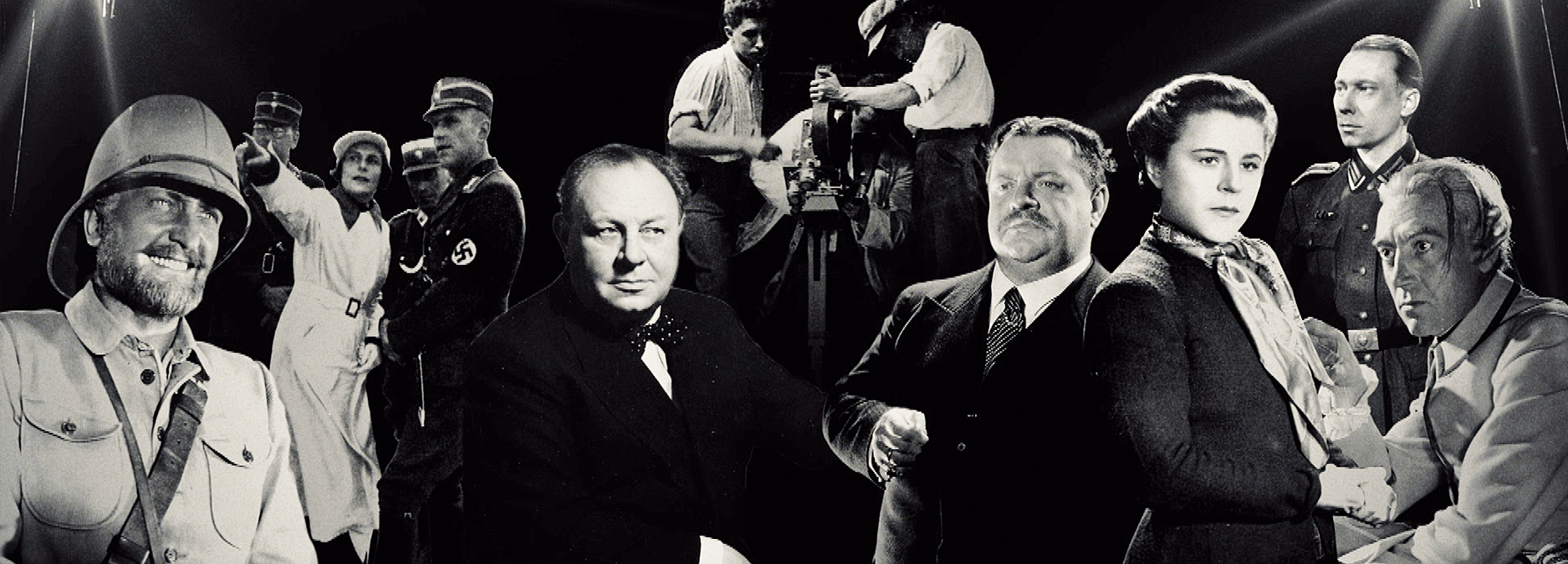 FORBIDDEN FILMS
FORBIDDEN FILMS
SYNOPSIS
Between 1933 and 1945, 1200 feature films were made in Germany. After the war the Allies banned over 300 films as propaganda. There are still restrictions on over 40 of these films today. How should we deal with this dark legacy: does it deserve to be preserved or should we rather dispose of it ? Should the films be made freely available or shall we continue to keep them under lock and key? FORBIDDEN FILMS presents those „Nazi movies of the poison cabinet“ (Die Welt) und and traces their myth, their public and their impact today, in Germany and abroad. A visual journey to the dark side of cinema.
With: Oskar Roehler, Moshe Zimmermann, Götz Aly, Jörg Jannings, Johanna Liebeneiner, Rainer Rother, Sonja M. Schultz, Margarethe von Trotta, Thomas Koebner, Christiane von Wahlert, Ernst Szebedits et al.
CREW
Written & Directed by: Felix Moeller
Director of Photography: Isabelle Casez, Ludolph Weyer (bvk), Aline László
Editor: Annette Muff
Visual Effects: PAQT/Martin Eichhorn
Original Score: Björn Wiese
Sound Department: Jan Wichers, Samuel Schmidt, Gregor Kuschel, Peter Baranowski, Jean-Barthélémy Velay
Assistant Director: Nathalie Andries
Production Consulting: Björn Jensen
Postproduction Supervising: Stefan Beckers
Postproduction Services: Arri Film & TV Berlin
Commissioning Editor: Christian von Behr, Rolf Bergmann, Sabine Mieder
Producer: Amelie Latscha, Felix Moeller
.............................................................................................
Press Kit: A press kit with an interview in German with Felix Moeller can be downloaded here
Festivals: Jerusalem Film Festival, Israel; Telluride Film Festival, USA; International Film Festival, Watch Docs, Human Rights in Film, Poland; Jewish Film Festival, New York City, USA
PRESS
"A documentary as important as it is gripping!” Berliner Zeitung
"Moeller carefully unfolds the complexities of a question that touches on very different issues, from artistic freedom to impact research to social ethics, and whose answer also always depends on the extent to which one trusts our society’s forces of self-regulation.” critic.de
"Fortunately, Felix Moeller doesn’t provide any answers, doesn’t brandish a moral bludgeon. It’s precisely the range of voices he allows to be heard, of situations, and the numerous film clips that he shows in “Forbidden Films” that allow viewers to take their own look at a dark chapter in German film history. It is beyond question that not just the great moments of German film, like Fritz Lang’s “Metropolis” and “Siegfried,” must be preserved.” Die Welt
"Moeller does what every good documentary filmmaker should: he explores an issue with curiosity and impartiality, without prejudging.” Deutschlandfunk radio, “Kultur heute”
"A documentary as important as it is gripping!” Berliner Zeitung
"Moeller carefully unfolds the complexities of a question that touches on very different issues, from artistic freedom to impact research to social ethics, and whose answer also always depends on the extent to which one trusts our society’s forces of self-regulation.” critic.de
"Fortunately, Felix Moeller doesn’t provide any answers, doesn’t brandish a moral bludgeon. It’s precisely the range of voices he allows to be heard, of situations, and the numerous film clips that he shows in “Forbidden Films” that allow viewers to take their own look at a dark chapter in German film history. It is beyond question that not just the great moments of German film, like Fritz Lang’s “Metropolis” and “Siegfried,” must be preserved.” Die Welt
"Moeller does what every good documentary filmmaker should: he explores an issue with curiosity and impartiality, without prejudging.” Deutschlandfunk radio, “Kultur heute”
"Moeller has succeeded in producing an informative documentary that not only invites controversial debate, but also rouses a (critical) desire to watch our cinematic heritage, which, while it may be something to be ideologically ashamed of, doubtless also still holds in store some film-historical and aesthetic discoveries.” Filmecho/Filmwoche
"Felix Moeller’s documentary about the extremely contradictory reactions that projections of forbidden Nazi films incite to this day skillfully sums up the discussions surrounding this thorny chapter in German film history.”
Filmstarts.de
"Moeller’s film induces us to once again question viewer competence. Is every adult aware of how manipulative the means used by films are—back in the age of Goebbels and today in the age of marketing?“
Konkret
"Felix Moeller doesn’t answer the pragmatic and above all moral questions, yet in just 90 minutes, with “Forbidden Films,” he succeeds in providing a comprehensive overview of a chapter in German film history that isn’t anything to be proud of, but that absolutely must be preserved.”
programmkino.de












